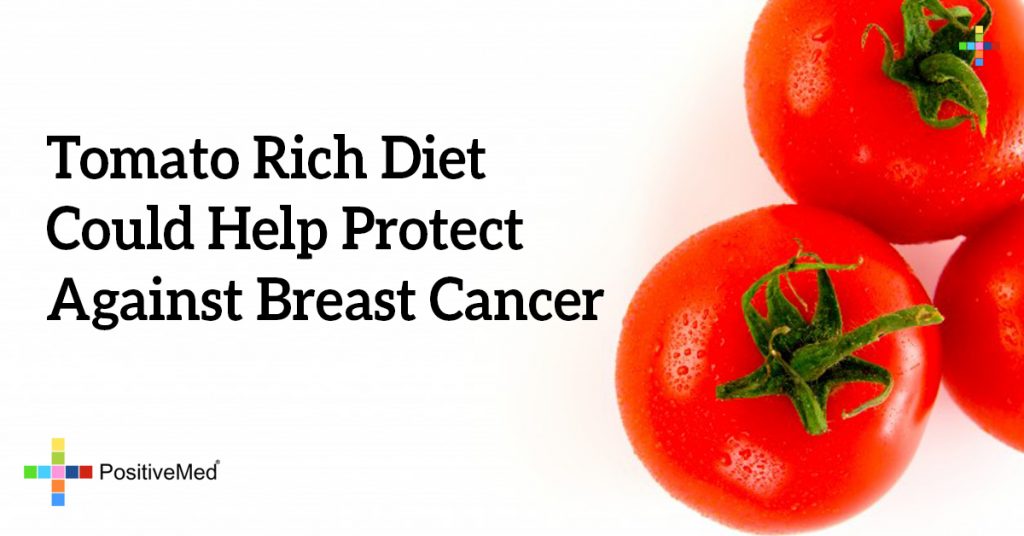
Tomato Rich Diet Could Help Protect Against Breast Cancer
With the overwhelming numbers of women navigating their way through each breast cancer diagnosis, it is promising to learn that a tomato rich diet could help protect against breast cancer. Studies from the American Cancer Society, the Physicians Committee for Responsible Medicine and others, are demonstrating just how effective a low-fat high-fiber diet correlates with reduced risk for potential cancer and lower cases of recurrence.

How Tomatoes are Associated with Reduced Breast Cancer
The digestion process of tomatoes effectively regulates hormones such as adiponectin and cortisol, which specifically are responsible for anti-stress and appropriate regulation of sugars throughout the body. As a high-fiber food, tomatoes are associated with protecting postmenopausal women against breast cancer by regulating the body’s mass index and keeping it low. Women who enjoy a lower body mass index are also found less frequently, to be diagnosed with breast cancer. Further, the American Cancer Society has focused on Lycopene, an antioxidant compound found in tomatoes responsible for the fruits red and orange-yellow colors, that produce vitamin A. Vitamin A, has been extensively studied as a cancer-fighting nutrient.
The Benefits of Vitamin A and High Fiber
Vitamin A is stored in the liver and a nutrient crucial to the body’s growth and development. A pro-vitamin, A, has not been proven to prevent human cancer however, their role in cancer prevention and treatment is promising. Historically, studies are finding that based on multiple surveys and conclusions that people who consume Vitamin A regularly (too much can be toxic) are also linked to a lower risk of certain types of cancers.
Tomatoes are a high-fiber food, and boast many benefits:
Lowers cancer risk
Helps control blood sugar levels Crucial for achieving a healthy weight; and
Supports the body’s immune system
Research finds that a tomato rich diet resulted in a 9% increase of the hormone adiponectin, thereby effectively helping to reduce the risk of both obesity and breast cancer.







